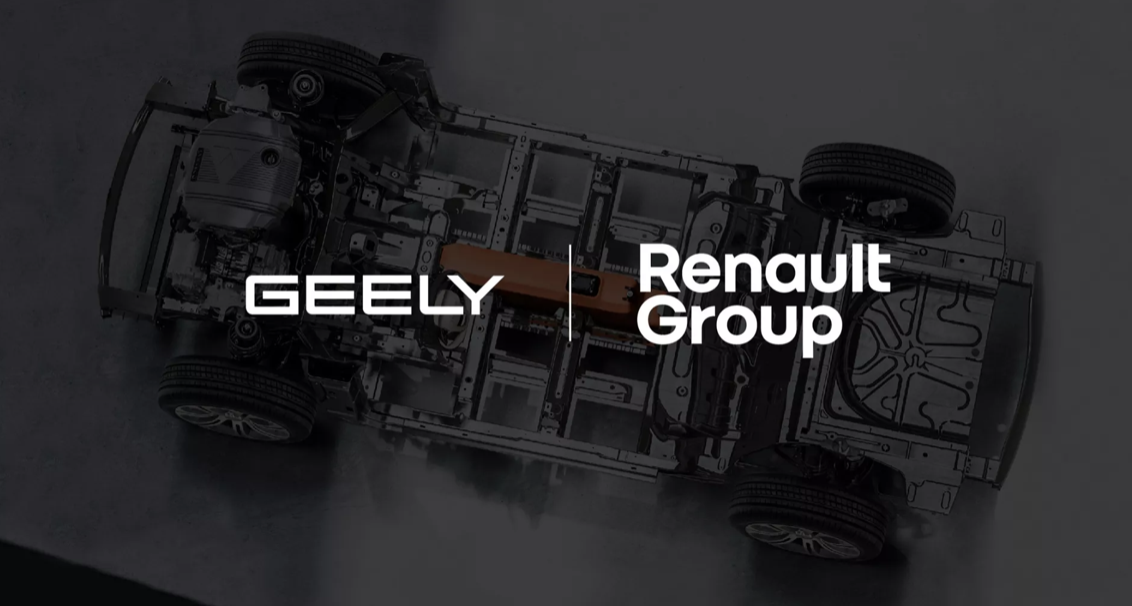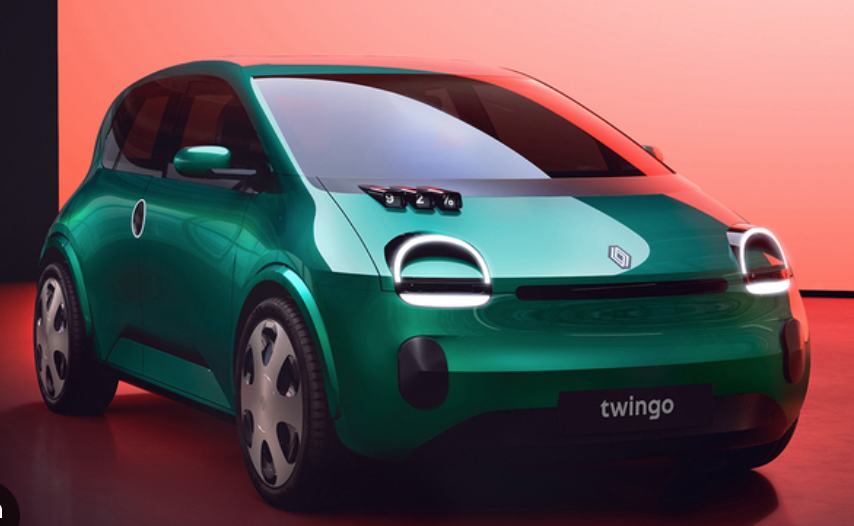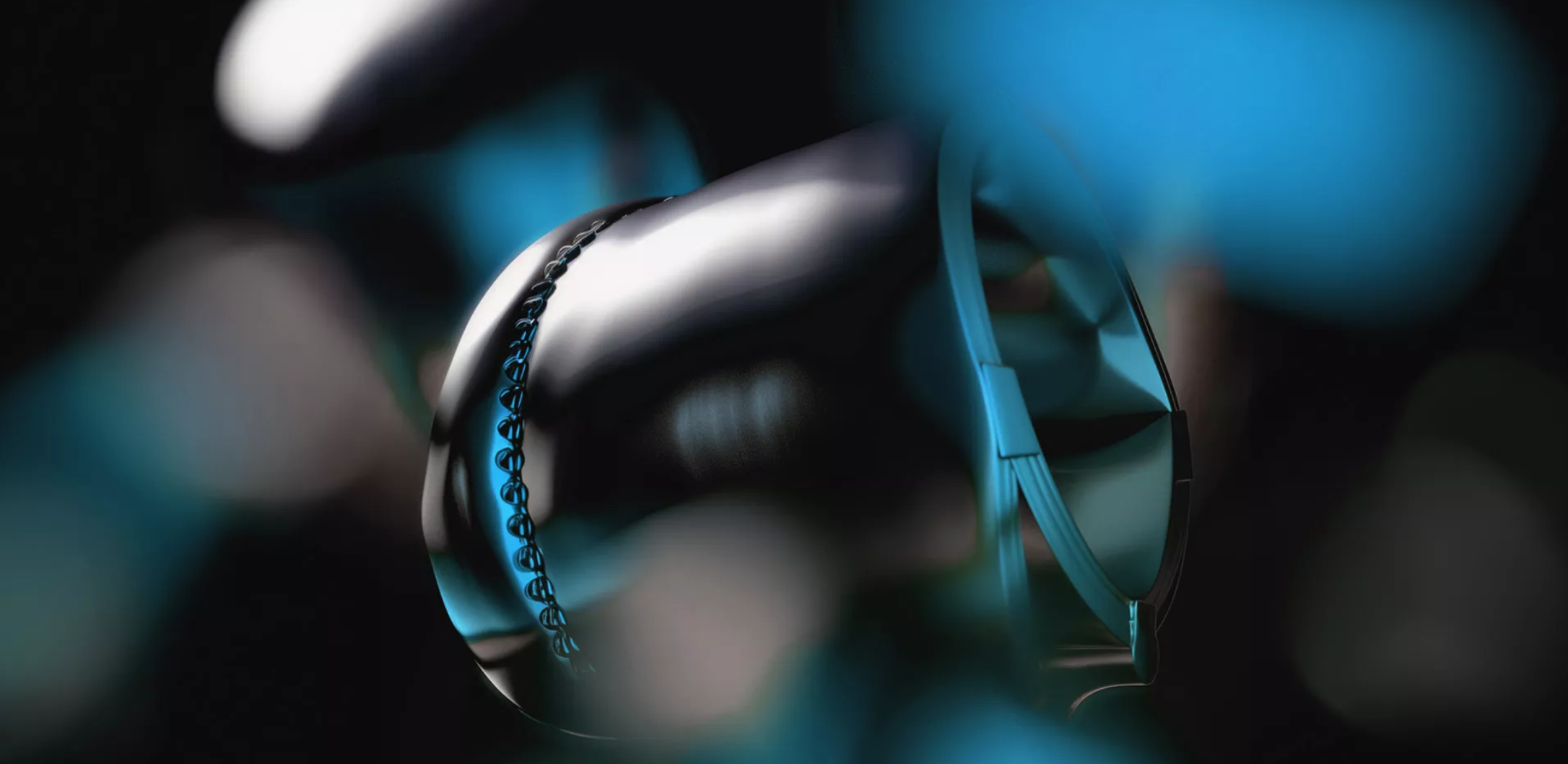Although many European manufacturers warn of Chinese competition and think they’re getting indirect subsidies, obstructing a level playing field, they also seem interested in partnerships with ‘the enemy’.
Take Renault, for example: It will be running its ICE business (called Horse) with Geely, and now it’s partnering with another Chinese company to create the new Twingo, Renault’s cheapest EV for the future.
Horse Powertrain Limited
On Friday, Renault Group and Geely announced the creation of a leading Powertrain Technology Company, ‘HORSE Powertrain Limited’, with each group holding a 50% stake. The new company will lead the hybrid and combustion powertrain components and systems market.
Matias Giannini, former Executive Vice President of Sales and Member of the Management Team at Vitesco Technologies AG, has been appointed CEO of Horse Powertrain Limited. Daniel Li, Vice Chairman of Geely Auto and CEO of Geely Holding, will chair the board comprising six directors and equal representation from its shareholders.
“Horse Powertrain Limited expects to reach ± €15 billion in annual revenues and production of ± 5 million powertrain units per year and will have, as of day 1, a complete portfolio of state-of-the-art powertrain technologies for global partners, including hybrid systems, internal combustion engines, transmissions, and battery solutions,” says the press release.
Luca de Meo, CEO of Renault Group, declared: “Today marks an important step in meeting the greatest challenges facing the automotive industry: the decarbonization of road transport. Partnering with a leading company like Geely to create a new player with the capability and expertise to develop ultra-low-emission internal combustion engines and high-economy hybrid technologies is key for the future.”
“Through HORSE Powertrain, Renault Group can achieve worldwide leadership and scale in a sector representing more than 80% of its business. Together, we will rise to meet the decarbonization challenge with innovation at the forefront of our operations,” he added.
Eric Li, Geely Holding Chairman, explained: “For the industry to reach net zero emissions in the next decades, global synergies, multiple technologies, and sharing of expertise are crucial. That is why we are pleased that our partnership with Renault Group is reaching commercial reality today.”
“HORSE Powertrain Limited will have the portfolio, scale, and capacity to offer the low-emission solutions the automotive industry of tomorrow demands. Today’s launch marks a new chapter in sustainable mobility, and we at Geely are proud to play a part,” he added.

A new player in the field
“Renault Group and Geely believe that a combination of various powertrain technologies, including highly efficient internal combustion engines (ICE), lower-carbon e-fuels, and hydrogen, is necessary to achieve successful decarbonization in a world where more than half of vehicles produced are expected to still rely on combustion engines by 2040,” says the official press release.
Horse Powertrain Limited will use state-of-the-art technologies to design, develop, produce, and sell all hybrid and combustion powertrain solutions and systems, including engines, transmissions, hybrid systems, and batteries. The joint venture’s complementary product portfolio and regional footprint could offer solutions for 80% of the growing global hybrid and combustion powertrain market.
Horse Powertrain will supply multiple industrial customers, including Renault Group, Geely Auto, Volvo Cars, Proton, Nissan, and Mitsubishi Motors Company. The company is ready to engage with customers and partners worldwide to support them with end-to-end solutions in powertrain technologies and will welcome partners to further strengthen the value chain.
From Day One of its establishment, HorsePowertrain Limited will be a worldwide leader in hybrid and combustion powertrain solutions with 17 global plants, 9 customers in 130 countries, 5 R&D centers, and some 19,000 employees.
“We will cover all types of hybrid solutions, including full hybrids and long-range plug-in hybrids, as well as internal combustion engines that use alternative fuels such as ethanol, methanol, LPG, CNG, H2, etc.,” the press release concludes.
Ampere also partnering with the Chinese
On the other hand, according to Automotive News Europe, Renault’s electric Ampere division will also partner with a Chinese engineering company to develop a new generation Twingo electric minicar priced below €20,000.

Under pressure
The contacts with Chinese companies apparently also eased the vehemence of both French companies to strive for higher import taxes for Chinese companies in the EU. Until now, France and its two car makers have been leading the fight against the unfair competition coming from China.
Now, Stellantis CEO Tavares says that it’s not a good idea to let the market be influenced by mutual trade restrictions, possibly leading to a trade war in which everybody will lose. ‘If you can’t beat them, join them’ seems to be the new credo.




Comments
Ready to join the conversation?
You must be an active subscriber to leave a comment.
Subscribe Today